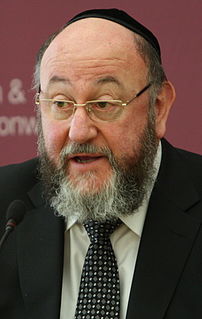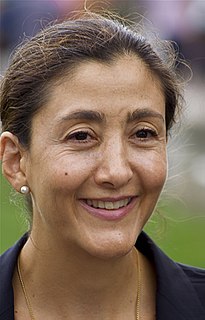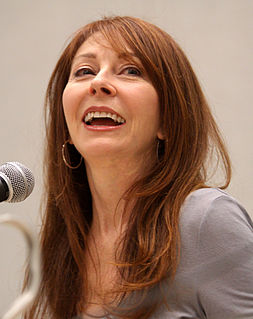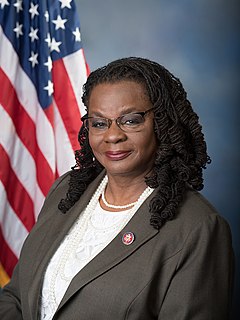A Quote by Nina Easton
We like to think of women as peacemakers, not purveyors of violence.
Related Quotes
My approach to violence is that if it's pertinent, if that's the kind of movie you're making, then it has a purposeI think there's a natural system in your own head about how much violence the scene warrants. It's not an intellectual process, it's an instinctive process. I like to think it's not violence for the sake of violence and in this particular film, it's actually violence for the annihilation of violence.
If we were going to address what involves the biggest number of women, reproductive freedom is a fundamental human right - like freedom of speech, the most basic right. Freedom from violence, since women worldwide are still like 70% at least of all victims of violence. Equality in the family, democracy in the family, since the family is the microcosm of everything else, so if you have inequality and violence in the family, it normalizes it in the street, for foreign policy, for every place else.
I'm really interested in violence. And I think there's an inevitably cinematic property that violence brings to the moviegoing experience. But one still has to be thoughtful and mature about how you depict it and how you think it through. You have to think about the effects that violence has on audiences, and it's deployed so casually that I think it's losing its meaning. And when things like violence and murder and the dehumanization of other people lose their meaning, then we're really kind of in a place where we have to reexamine and take a hard look at ourselves.































